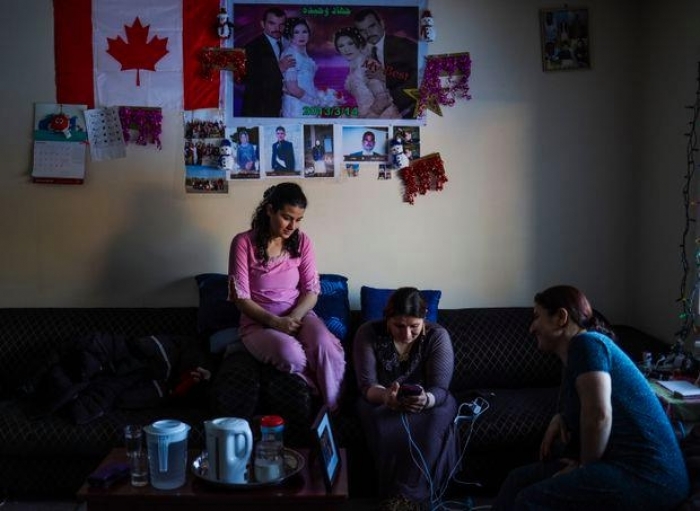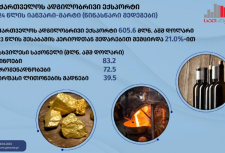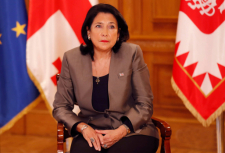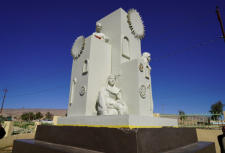Torn apart by Islamic State and reunited in Calgary, three Ezidi sisters see a brighter future

Part 2
As The Globe and Mail reported in December, 2018, Jihan suffers from post-traumatic stress disorder with psychogenic non-epileptic seizures (PNES). When she feels overwhelmed by emotion related to the terrors of her past, her body responds by convulsing and whisking her into unconsciousness. These episodes can go on for hours.
In the general population, PNES occurs in about two to 33 per 100,000 people a year. But it is much more common among Ezidi refugees. In Calgary, six out of 300 Ezidis have been diagnosed with the disorder.
Hudda applied to join her sisters in Canada, but was denied in July, 2018, on the grounds that she did not meet the requirements for family reunification. This program allows immediate family members – spouses, parents or children – to follow relatives to Canada within one year of their arrival. But Hudda was not a spouse, a parent nor child of anyone in Canada – only an adult sibling. Her father died in a car accident while her mother was pregnant with her. Her mother and two brothers have been missing since the Islamic State arrived in Kojo, and are believed killed.
Jihan’s seizures worsened after her sister’s application was denied. Her physicians and local refugee settlement workers believed that reunification of the sisters would improve Jihan’s health. “I do think family reunification is key to her mental health and for her integration into Canadian society. As with many Ezidis, life is incredibly hard for them as a community because there’s so few of them here,” said Jihan’s physician, Annalee Coakley, medical director for Calgary’s Mosaic Refugee Family reunification has been a challenge for many Ezidi survivors of the Islamic State. Their family members remain in captivity, or their whereabouts unknown, for years, long past the one-year window for reunification. In February, 2019, the federal government implemented a temporary measure to help survivors of Daesh, allowing immediate family members to be reunited beyond one year. It also permits underage “de facto dependants” to join their extended family based on recommendation of the United Nations High Commissioner for Refugees. The measure will be in place until Dec. 31, 2020.
But Hudda still wasn’t eligible under those measures. Last spring, the sisters ping-ponged between hope and anguish after confusing indications from the Immigration, Refugees and Citizenship Canada (IRCC) and the UNHCR about Hudda’s future. In March, she was offered an interview to assess her eligibility to go to Germany as a refugee. The sisters worried that if she accepted a place in Germany, she would lose any chance of joining her sisters in Canada.
Christina Frangou
Special to the globe and mail
Ezidi24.com
Tags: #yazidisinfo #yezidi #ngo
Torn apart by Islamic State and reunited in Calgary, three Ezidi sisters see a brighter future

Part 2
As The Globe and Mail reported in December, 2018, Jihan suffers from post-traumatic stress disorder with psychogenic non-epileptic seizures (PNES). When she feels overwhelmed by emotion related to the terrors of her past, her body responds by convulsing and whisking her into unconsciousness. These episodes can go on for hours.
In the general population, PNES occurs in about two to 33 per 100,000 people a year. But it is much more common among Ezidi refugees. In Calgary, six out of 300 Ezidis have been diagnosed with the disorder.
Hudda applied to join her sisters in Canada, but was denied in July, 2018, on the grounds that she did not meet the requirements for family reunification. This program allows immediate family members – spouses, parents or children – to follow relatives to Canada within one year of their arrival. But Hudda was not a spouse, a parent nor child of anyone in Canada – only an adult sibling. Her father died in a car accident while her mother was pregnant with her. Her mother and two brothers have been missing since the Islamic State arrived in Kojo, and are believed killed.
Jihan’s seizures worsened after her sister’s application was denied. Her physicians and local refugee settlement workers believed that reunification of the sisters would improve Jihan’s health. “I do think family reunification is key to her mental health and for her integration into Canadian society. As with many Ezidis, life is incredibly hard for them as a community because there’s so few of them here,” said Jihan’s physician, Annalee Coakley, medical director for Calgary’s Mosaic Refugee Family reunification has been a challenge for many Ezidi survivors of the Islamic State. Their family members remain in captivity, or their whereabouts unknown, for years, long past the one-year window for reunification. In February, 2019, the federal government implemented a temporary measure to help survivors of Daesh, allowing immediate family members to be reunited beyond one year. It also permits underage “de facto dependants” to join their extended family based on recommendation of the United Nations High Commissioner for Refugees. The measure will be in place until Dec. 31, 2020.
But Hudda still wasn’t eligible under those measures. Last spring, the sisters ping-ponged between hope and anguish after confusing indications from the Immigration, Refugees and Citizenship Canada (IRCC) and the UNHCR about Hudda’s future. In March, she was offered an interview to assess her eligibility to go to Germany as a refugee. The sisters worried that if she accepted a place in Germany, she would lose any chance of joining her sisters in Canada.
Christina Frangou
Special to the globe and mail
Ezidi24.com
Tags: #yazidisinfo #yezidi #ngo

























